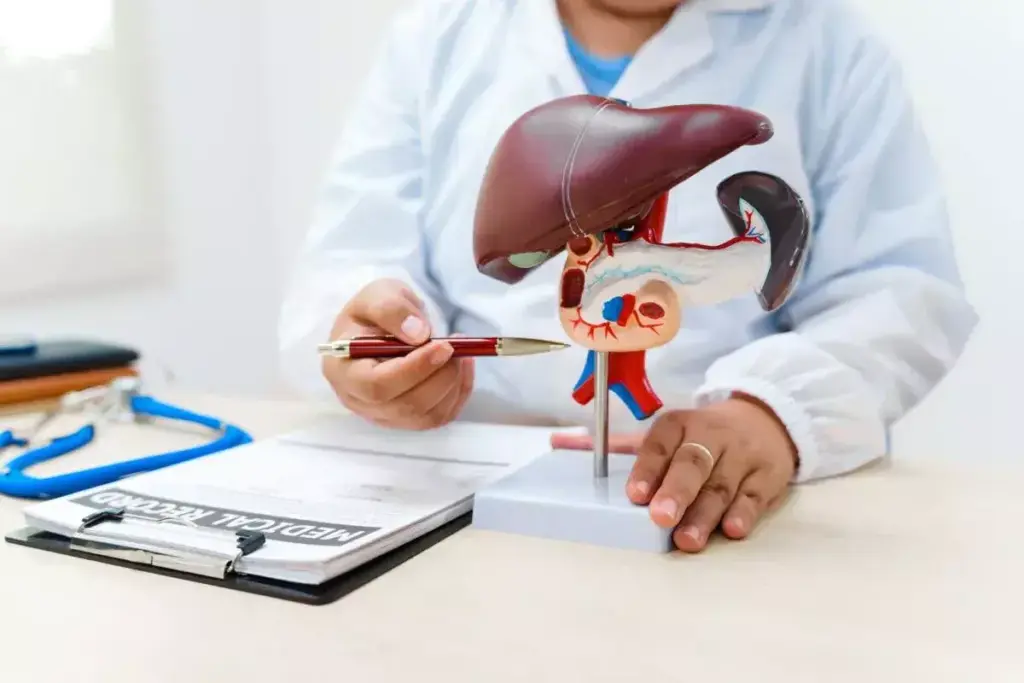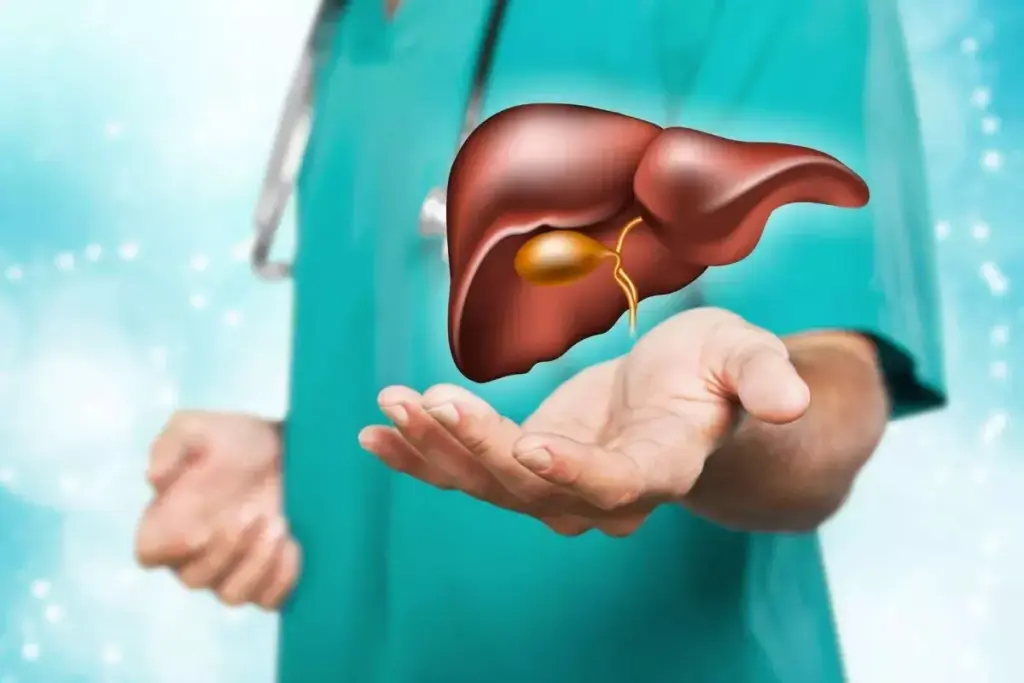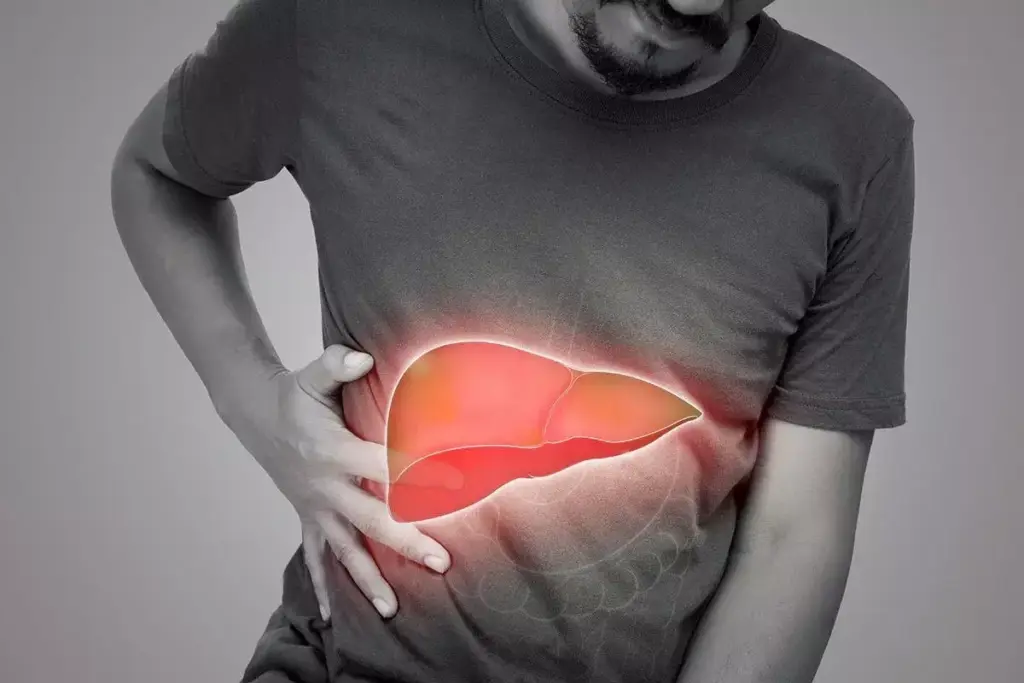Pregnancy Nutrition: Essential Foods for a Healthy Pregnancy
Pregnancy is one of the most significant and transformative periods in a woman’s life. During this time, nutrition plays a crucial role in supporting both maternal health and the proper growth and development of the baby. Choosing healthy foods throughout pregnancy helps prevent complications, ensures optimal fetal development, and promotes long-term well-being for both mother and child.
At Liv Hospital, nutrition specialists emphasize that a well-balanced diet during pregnancy should include a variety of nutrient-dense foods that provide essential vitamins, minerals, and energy. Understanding which foods to enjoy and how to balance your meals can make a meaningful difference in a healthy pregnancy journey.

The Importance of Nutrition During Pregnancy
A mother’s diet directly affects the baby’s health. Proper nutrition during pregnancy supports fetal organ development, brain growth, and bone formation. It also helps prevent issues such as anemia, gestational diabetes, and low birth weight.
During pregnancy, the body requires additional nutrients, particularly protein, calcium, folate, iron, and omega-3 fatty acids. These elements ensure healthy tissue growth and strengthen the immune system. At Liv Hospital, dietitians work closely with expectant mothers to develop customized nutrition plans that cater to their individual needs and dietary preferences.
Essential Nutrients for a Healthy Pregnancy
Pregnancy requires an increased intake of specific nutrients that contribute to the mother’s well-being and the baby’s development. Understanding these key nutrients helps build a balanced and effective diet.
Protein
Protein is vital for tissue repair and the growth of both maternal and fetal cells. It supports the development of muscles, organs, and the placenta. Excellent sources include lean meat, eggs, poultry, fish, dairy products, legumes, and tofu.
Iron
Iron supports the production of red blood cells, helping to prevent anemia. Pregnant women need nearly double the amount of iron compared to non-pregnant women. Iron-rich foods include red meat, lentils, spinach, quinoa, and fortified cereals. Pairing iron with vitamin C-rich foods enhances absorption.
Calcium
Calcium is essential for the baby’s bone and teeth development and helps maintain the mother’s bone density. Dairy products such as milk, yogurt, and cheese are excellent sources. Non-dairy options include almonds, chia seeds, and fortified plant-based milk.
Folate and Folic Acid
Folate (vitamin B9) helps prevent neural tube defects and supports healthy brain and spinal cord development in the baby. Dark leafy greens, citrus fruits, and whole grains are rich in folate, while folic acid supplements are often recommended.
Omega-3 Fatty Acids
Omega-3 fatty acids play a key role in brain and eye development. Sources include salmon, sardines, walnuts, flaxseeds, and chia seeds. Liv Hospital dietitians may also recommend safe omega-3 supplements during pregnancy.
Fiber
Fiber supports digestion and helps prevent constipation, a common concern during pregnancy. Whole grains, fruits, vegetables, and legumes are rich in fiber and should be included daily.
Vitamins and Minerals
Prenatal vitamins ensure that mothers receive sufficient micronutrients that may not be obtained through food alone. Regular consultations with healthcare professionals at Liv Hospital help determine the right dosage and supplement choices.
Healthy Foods to Enjoy During Pregnancy
Choosing a variety of nutrient-rich foods ensures that both the mother and baby get everything they need. A colorful, diverse plate filled with fresh produce, protein, and whole grains is the foundation of a healthy pregnancy diet.
Fruits and Vegetables
Fresh fruits and vegetables supply essential vitamins, minerals, and antioxidants that strengthen the immune system. Dark leafy greens such as spinach and kale provide iron and calcium, while brightly colored fruits like oranges, strawberries, and mangoes are excellent sources of vitamin C.
Whole Grains
Whole grains such as brown rice, oats, quinoa, and whole wheat bread are rich in fiber and complex carbohydrates that provide long-lasting energy. They help stabilize blood sugar levels and prevent gestational diabetes.
Lean Proteins
Incorporating lean proteins such as chicken, turkey, eggs, and legumes supports the baby’s growth and tissue development. Fish is also beneficial, but it’s important to choose low-mercury varieties like salmon, sardines, and trout.
Dairy Products
Calcium-rich dairy products such as yogurt, milk, and cheese are beneficial for strong bones and teeth. Yogurt also contains probiotics that improve digestion and immunity.
Nuts and Seeds
Nuts and seeds, including almonds, walnuts, flaxseeds, and sunflower seeds, provide protein, healthy fats, and minerals. They are excellent snacks for maintaining stable energy levels throughout the day.
Healthy Fats
Healthy fats, such as those found in olive oil, avocados, and nuts, support the absorption of fat-soluble vitamins and contribute to fetal brain development.
Hydration
Drinking enough water is essential for maintaining amniotic fluid levels and preventing dehydration. Aim for at least eight glasses of water per day, and include soups or herbal teas as additional sources of hydration.
Foods to Limit or Avoid During Pregnancy
While many foods are beneficial, some should be limited or avoided to ensure safety for both mother and baby.
- Raw or undercooked meat and fish: May carry harmful bacteria or parasites.
- Unpasteurized dairy products: Can contain listeria, which poses risks during pregnancy.
- High-mercury fish: Limit tuna, mackerel, and swordfish consumption.
- Caffeine: Limit intake to moderate levels, as excessive caffeine may affect fetal growth.
- Processed foods: High-sugar and high-salt snacks should be minimized to reduce the risk of weight gain and hypertension.
Liv Hospital’s nutrition experts help expectant mothers make safe dietary choices while ensuring they receive all necessary nutrients through alternative foods and supplements.
Managing Pregnancy Symptoms Through Diet
Many common pregnancy symptoms can be managed through healthy eating habits.
- Morning sickness: Eat small, frequent meals and include ginger or peppermint tea to reduce nausea.
- Constipation: Increase fiber and water intake to support digestion.
- Heartburn: Avoid spicy or greasy foods and opt for smaller, more frequent meals.
- Fatigue: Eat iron-rich foods and maintain consistent hydration to reduce tiredness.
Liv Hospital dietitians provide tailored guidance for symptom management through individualized meal plans and medical nutrition therapy.
The Role of Liv Hospital in Maternal Nutrition
Liv Hospital emphasizes a holistic approach to maternal care, combining medical expertise with comprehensive nutritional counseling. Each pregnant woman’s diet plan is designed based on her health condition, trimester, and lifestyle. Regular follow-ups ensure balanced nutrition, weight management, and fetal health monitoring.
The Interventional Nutrition and Dietetics Department collaborates with obstetricians to ensure that every expectant mother receives safe, evidence-based nutrition support. Liv Hospital also provides prenatal education sessions to promote healthy eating habits and lifestyle adjustments during pregnancy.
Creating a Balanced Pregnancy Meal Plan
A healthy meal plan should include a variety of food groups throughout the day.
Breakfast: Whole-grain toast, scrambled eggs, and fresh fruit.
Snack: Yogurt with chia seeds or a handful of almonds.
Lunch: Grilled chicken salad with mixed greens, quinoa, and olive oil dressing.
Snack: Fresh fruit or a small smoothie.
Dinner: Baked fish with steamed vegetables and brown rice.
Before bed: Warm milk with a light snack if needed.
Meal balance and portion control are vital for maintaining energy levels and supporting the baby’s steady growth.
Emotional and Mental Health Support
Good nutrition not only impacts physical health but also emotional well-being. Certain nutrients like omega-3 fatty acids, magnesium, and vitamin D are known to help stabilize mood and reduce anxiety during pregnancy. Liv Hospital provides integrated programs that address both physical and emotional needs during this special time.
Postpartum Nutrition
Nutrition continues to play an important role even after childbirth. Breastfeeding mothers require extra calories and fluids, along with nutrient-rich meals to support milk production and recovery. Liv Hospital’s dietitians guide mothers in transitioning smoothly into a balanced postpartum diet that promotes energy and overall wellness.
* Liv Hospital Editorial Board has contributed to the publication of this content .
* Contents of this page is for informational purposes only. Please consult your doctor for diagnosis and treatment. The content of this page does not include information on medicinal health care at Liv Hospital .
For more information about our academic and training initiatives, visit Liv Hospital Academy
Frequently Asked Questions
Why is nutrition important during pregnancy?
Nutrition provides the essential building blocks for fetal development and helps prevent pregnancy complications for both mother and baby.
Which fruits are good during pregnancy?
Fruits such as bananas, oranges, apples, berries, and avocados provide vitamins, fiber, and hydration needed for a healthy pregnancy.
How much water should I drink during pregnancy?
Aim for at least eight glasses of water per day to stay hydrated and support healthy blood flow and amniotic fluid levels.
What foods should I avoid during pregnancy?
Avoid raw fish, unpasteurized dairy, high-mercury seafood, processed meats, and foods high in caffeine or refined sugars.
Is caffeine safe during pregnancy?
Caffeine should be limited to moderate levels, typically less than 200 milligrams per day, to avoid potential effects on fetal growth.
Can vegetarian women have a healthy pregnancy?
Yes. A vegetarian diet can support a healthy pregnancy when balanced with adequate protein, iron, calcium, and vitamin B12 sources.
How can I manage nausea through food?
Eating small, frequent meals and including bland foods such as crackers or ginger can help ease morning sickness.
Are supplements necessary during pregnancy?
Prenatal supplements containing folic acid, iron, calcium, and vitamin D are often recommended, depending on individual needs.
How does Liv Hospital support pregnant women nutritionally?
Liv Hospital provides personalized nutrition counseling, meal planning, and regular monitoring to ensure a healthy pregnancy journey.
What are good snacks during pregnancy?
Healthy snacks include nuts, yogurt, fruit slices, smoothies, and whole-grain crackers with hummus or cheese.










